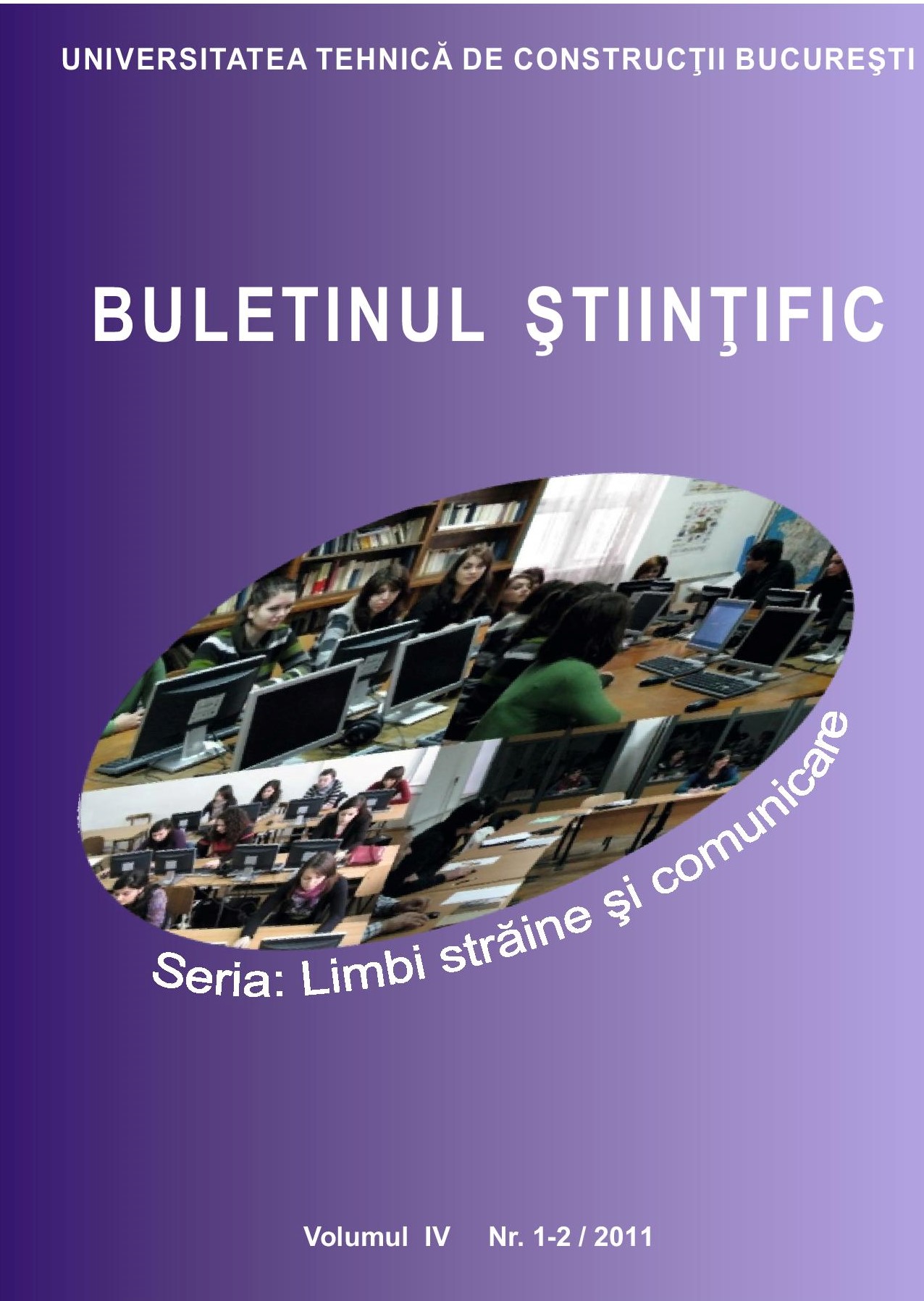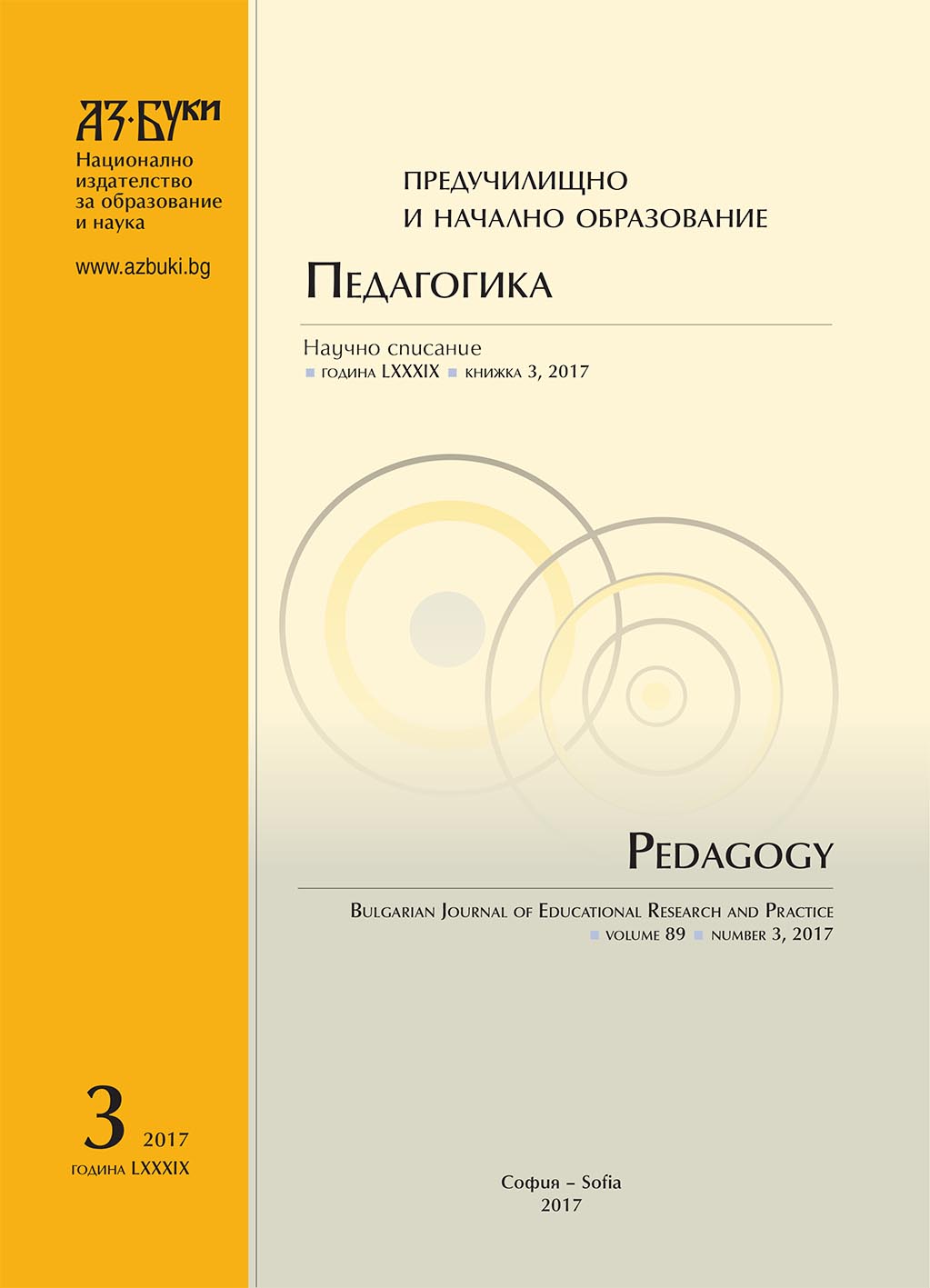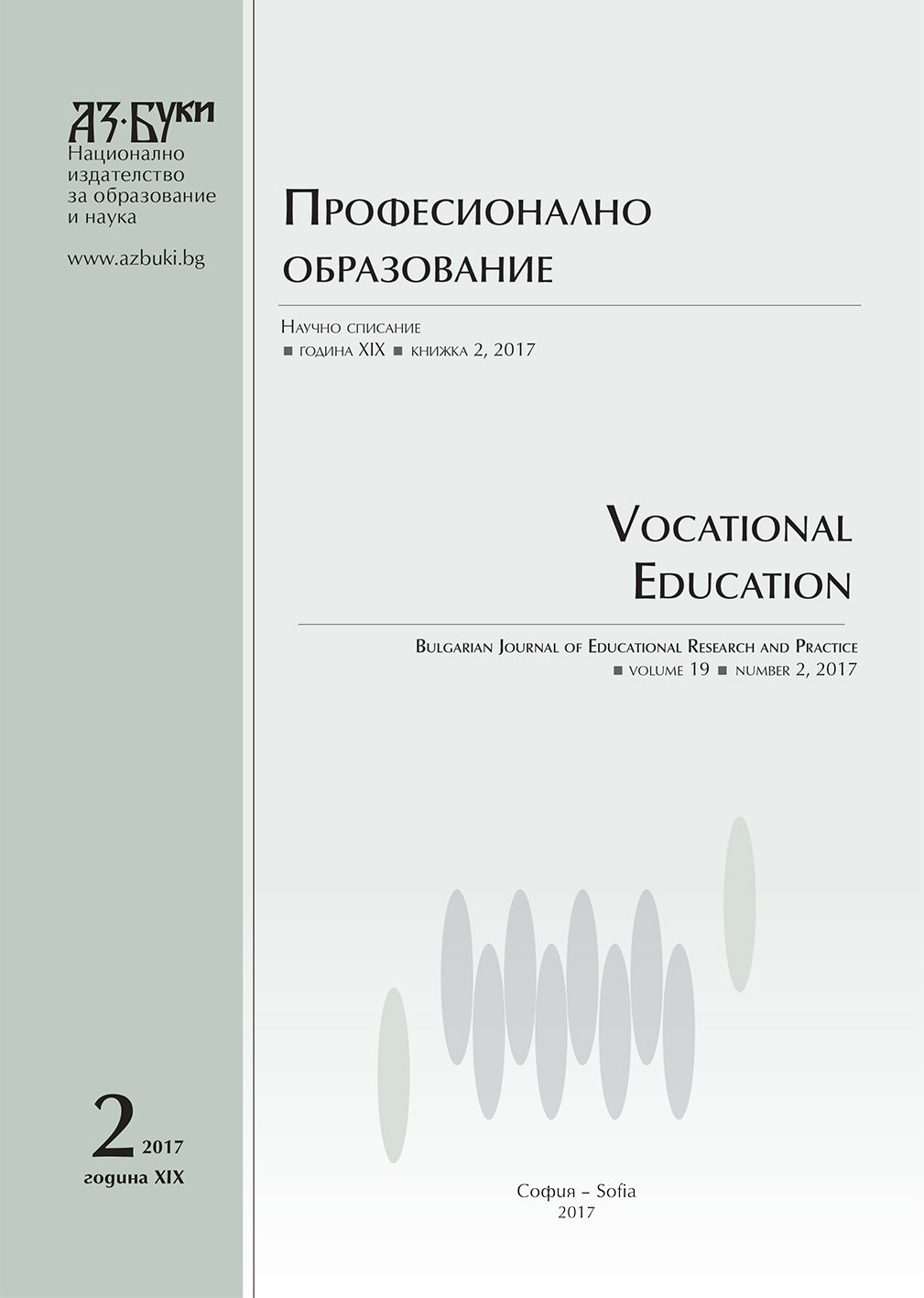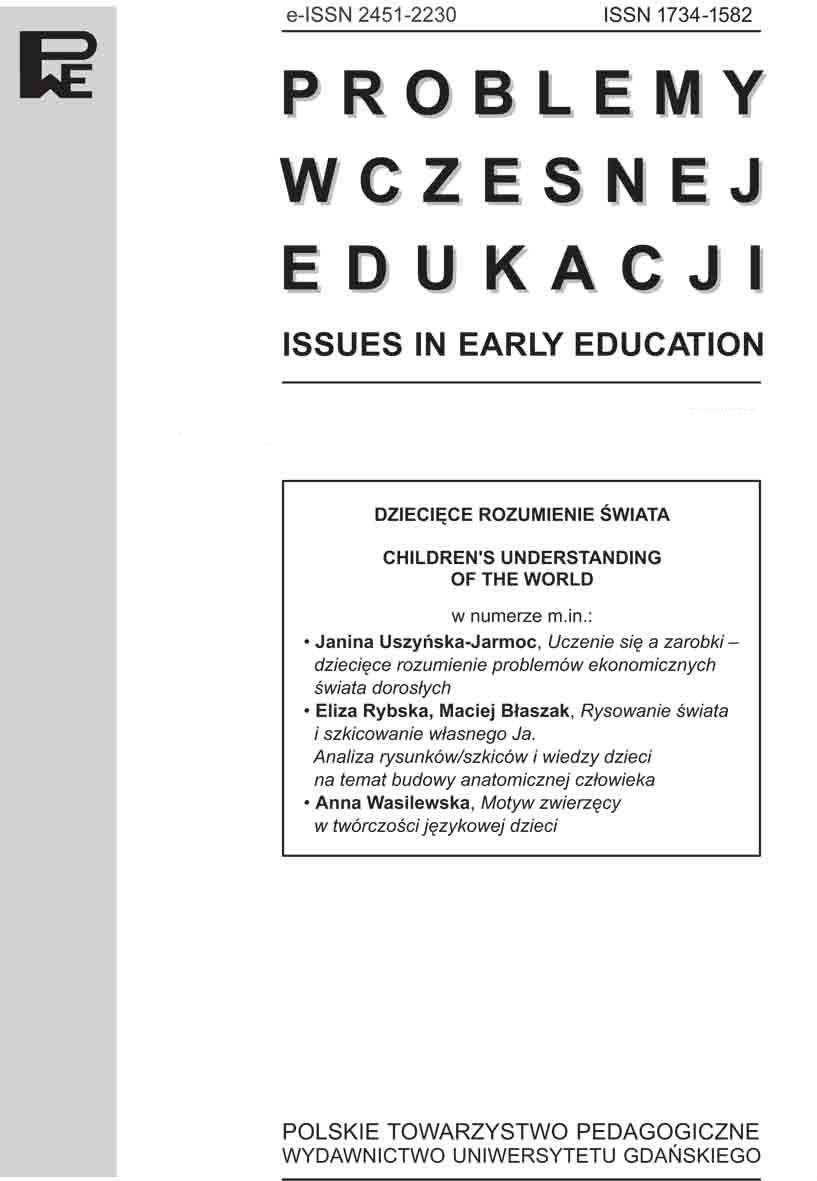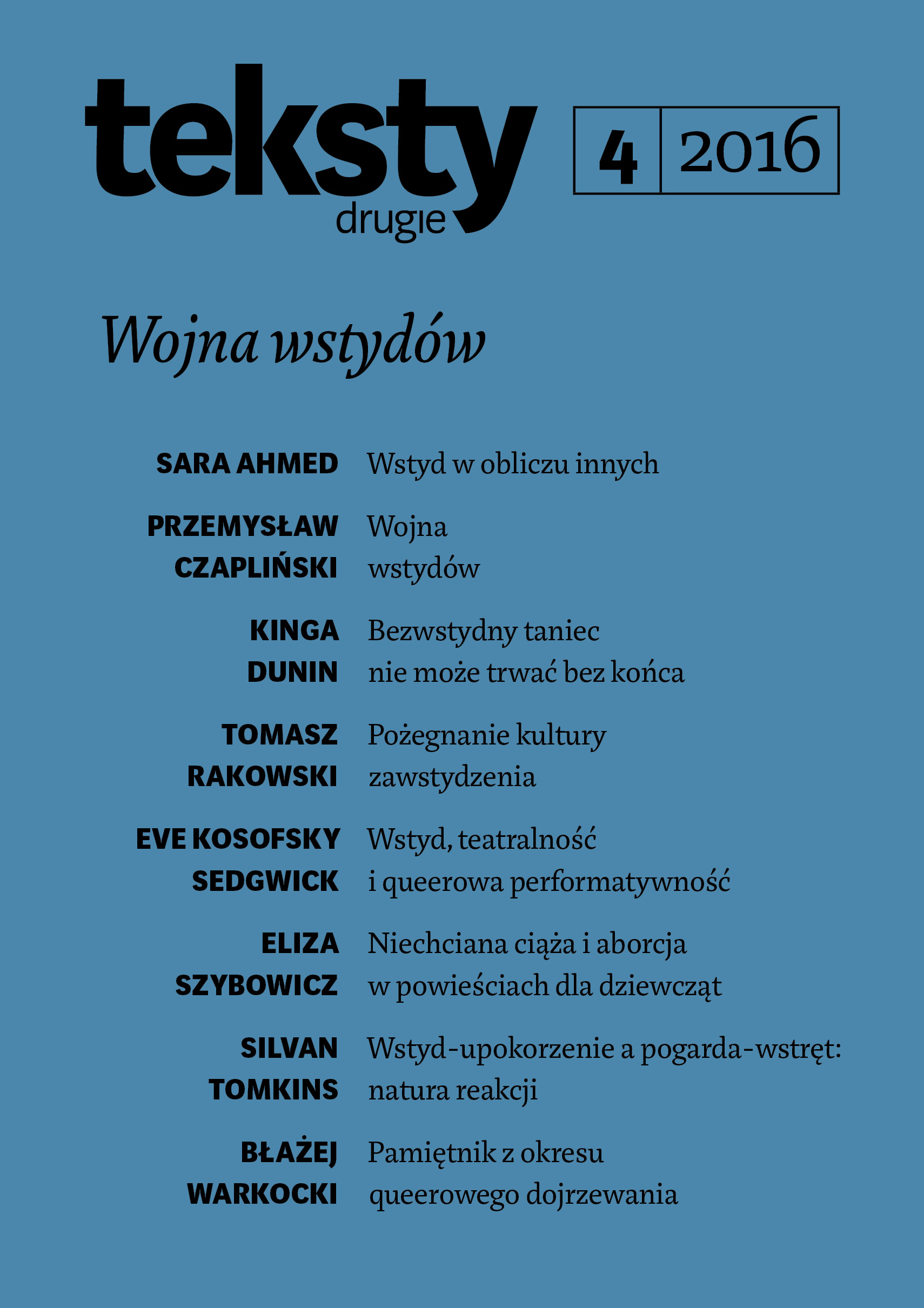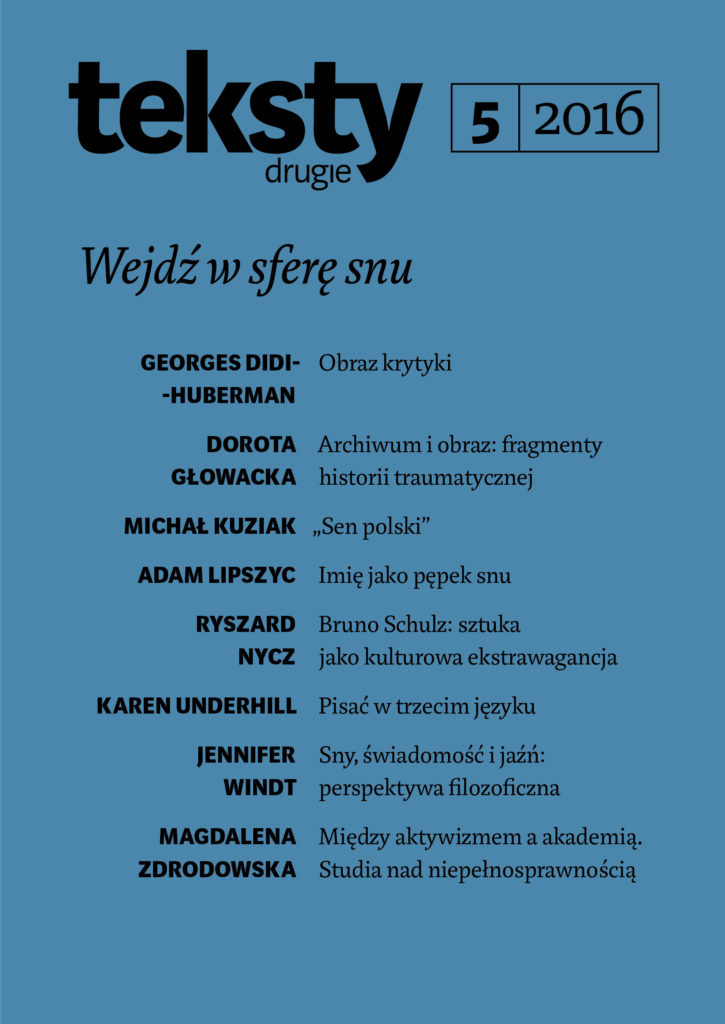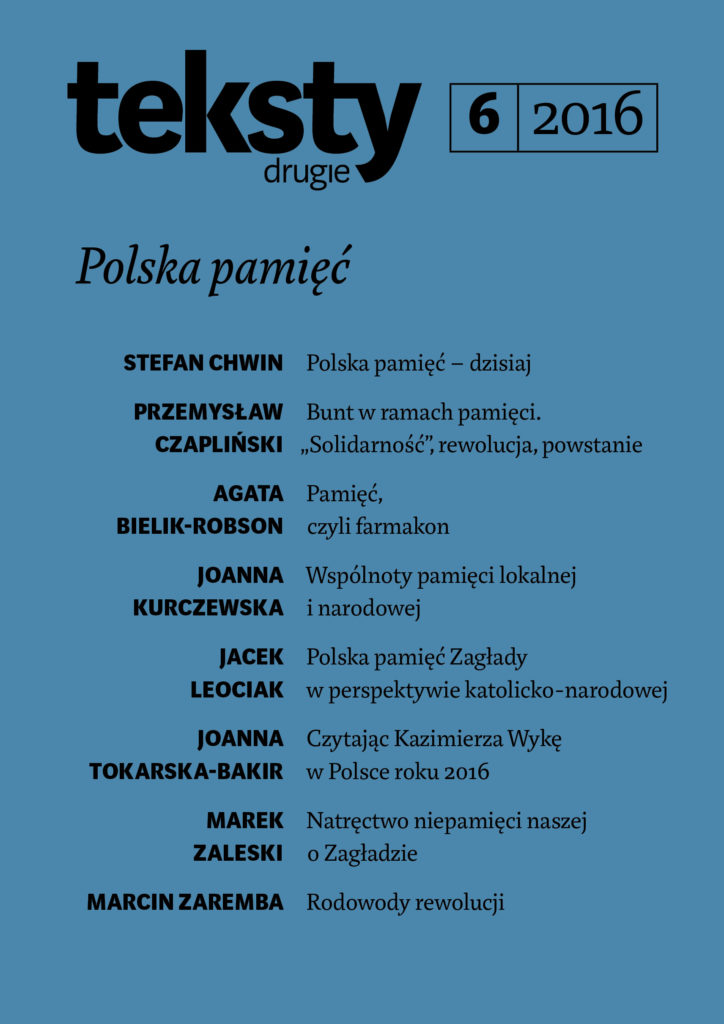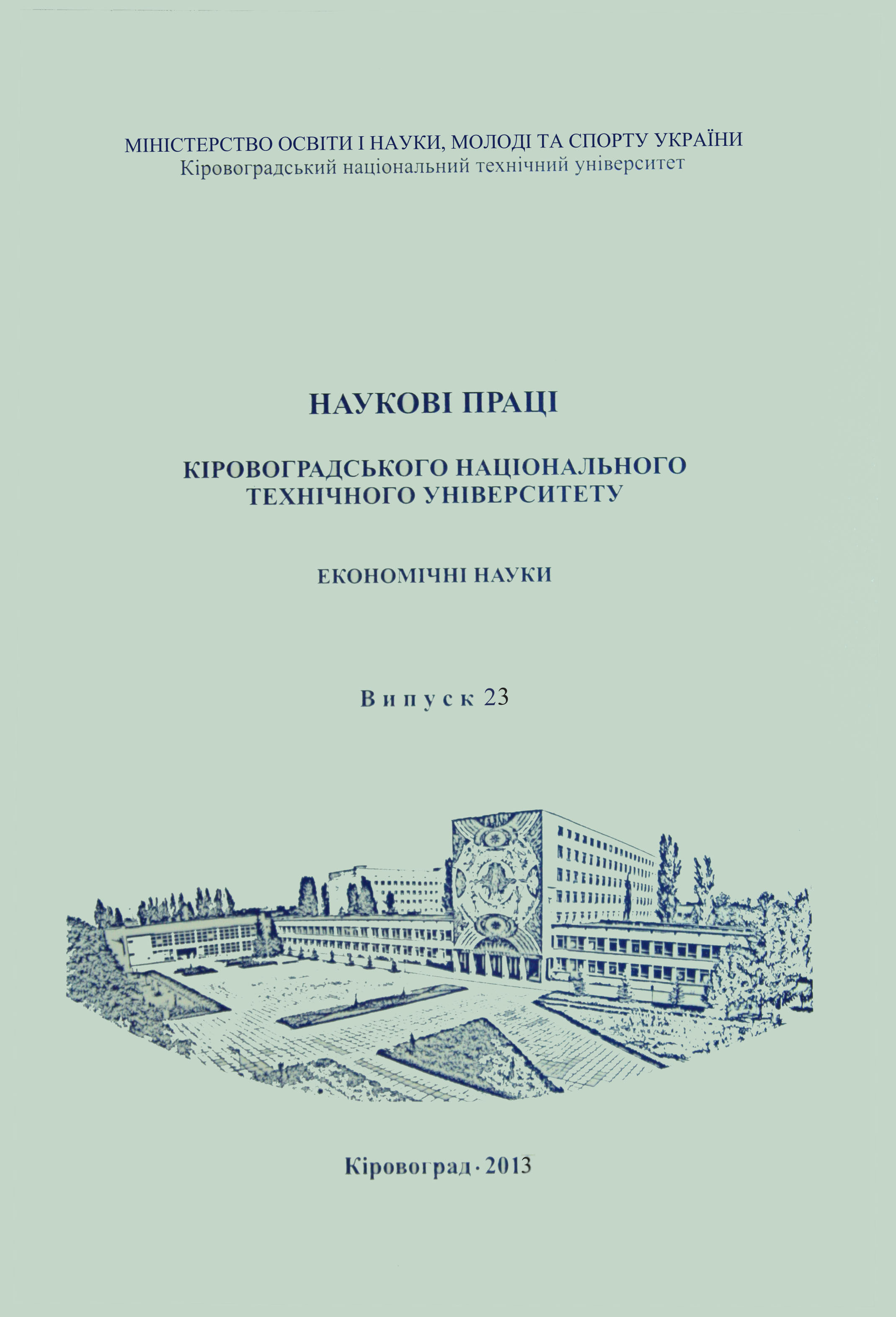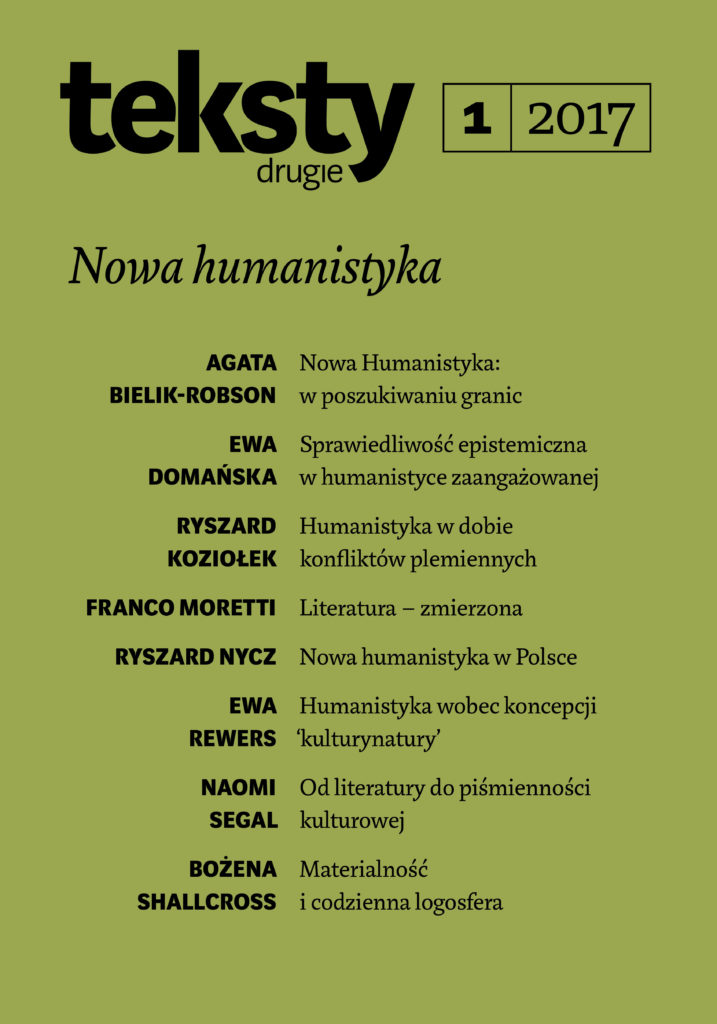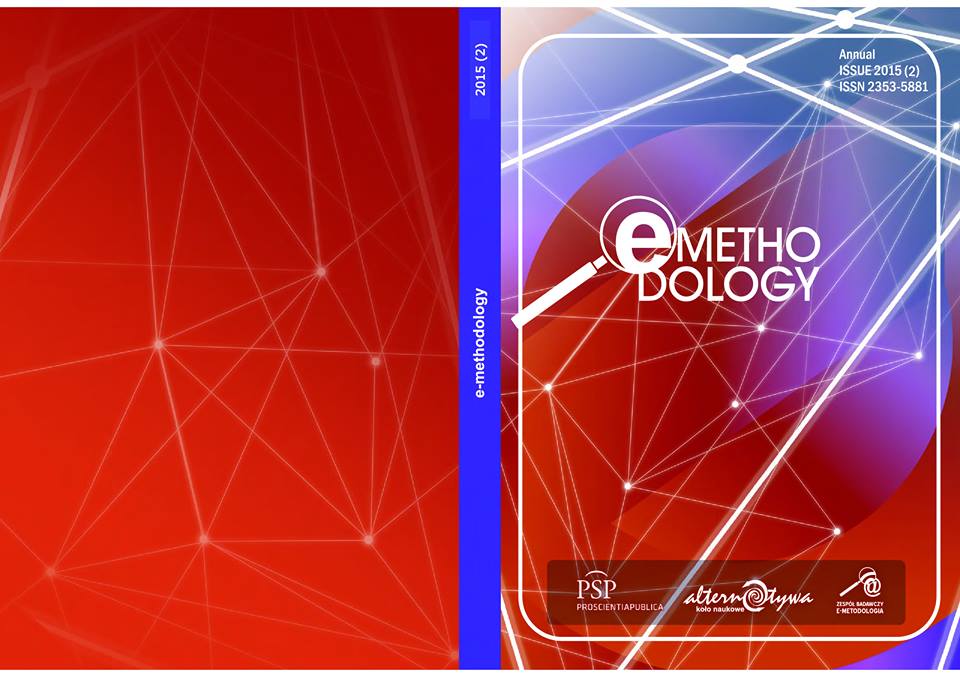
Responsibility on the Internet
The explanation of the responsibility theme is based on distinctions concerning the physical world and the world of Web. There are theses that claim that the world of the Web exists on equal rights with the physical world. In both realities the context of individuality may be seen from the perspective of existence and presence. The issue of responsibility is based on deliberations of two philosophers – Roman Ingarden and Hans Jonas. Ingarden described its ontological and axiological forms, whereas Jonas explored the issue of the responsibility seen as a vision of the new ethics that results from the needs of technology. Those philosophers made an important distinction between positive responsibility and the responsibility that is based on power and the possibility of fulfilling the positive values and the general idea of a man.
More...
